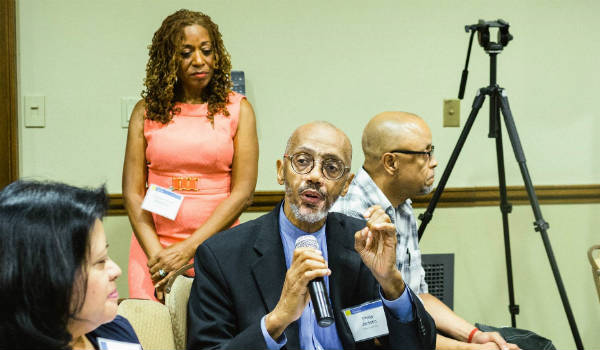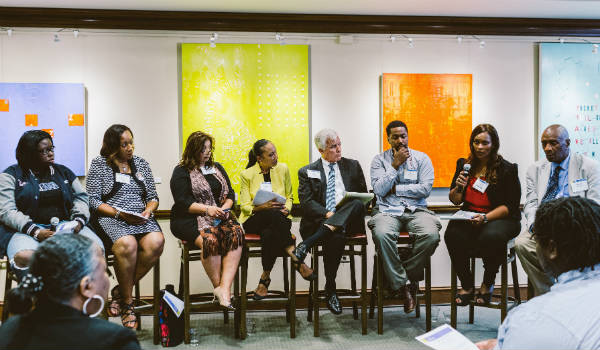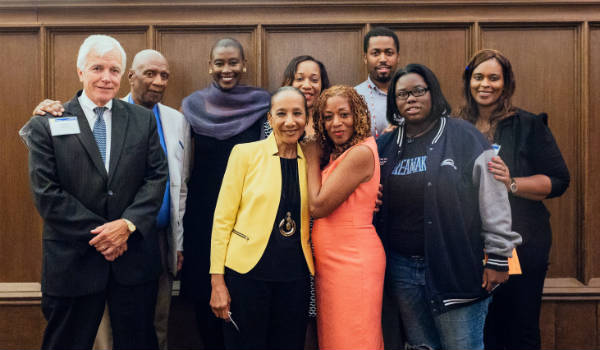Studying Gun Violence and Trauma
The Initiative for Studying Gun Violence and Trauma is a national task force focused on expanding awareness, discourse, and public policy on gun violence trauma. Assembled under the aegis of the University of California, Irvine School of Law’s Center for Biotechnology and Global Health Policy, the task force features a diverse collaboration of lawyers, scholars, physicians, psychologists, and advocates committed to initiating, sustaining, and acting upon this critical discourse.
The state of gun violence in the United States has reached a critical condition. According to the Centers for Disease Control and Prevention, between 2000 and 2014 alone, firearms accounted for nearly 470,000 fatalities. “Homicide firearm” ranked as the second leading cause of all violence-related deaths during this 14-year interval.
With each day, death by gun violence increases. For women, children, and other vulnerable populations, gun violence exacts a particularly devastating toll. Women living in the United States are 11 times more likely to be murdered with guns than women in any other high-income country. In a study examining 2010 homicide data, firearms were found to be the weapons most frequently used by males to murder females, with more than 2/3 of these homicides perpetrated by male intimates. The connection between domestic violence and gun violence is a statistically remarkable one: the presence of a gun in a domestic violence situation increases the risk of homicide for women by 500 percent. In fact, over the past 25 years, the number of intimate partner homicides committed via guns is higher than intimate partner homicides involving all other weapons combined. For black women, gun violence statistics reveal a distinctly distressing set of realities. In 2010, the homicide rate for black women, as committed by men, was nearly 2.5 times higher than for white women. Approximately 53% of all 2010 homicides of black women were committed using a gun.
Children are also significantly vulnerable to the effects of gun violence. In 2014, firearm homicide accounted for 46% of violence-related fatalities in children age 5-9, and 38.5% of violence-related fatalities in youths age 15-24. According to a 2009 survey sponsored by the Department of Justice, more than 22% of adolescents age 14 to 17 had witnessed a shooting during their lifetime. For black youths age 15-24, homicide is the leading cause of all incidences of death, violent and non-violent. In addition to experiencing substantial physical devastation, children—especially those multiply marginalized—often bear the psychological brunt of gun violence trauma. Whether as direct victims, firsthand witnesses, or witnesses via screen and word-of-mouth, children exposed to gun violence often suffer substantial emotional and psychological harm. As such, the recent tragedies of Philando Castile and Diamond Reynolds are best understood not only as horrors lived once, but as horrors lived over and over in the countless children who witnessed these tragedies in person, on a screen, or through conversation with friends and family.
Despite the scale and prevalence of catastrophe-by-firearm, glaring gaps persist in research that addresses the complex of effects, risks and mitigation factors associated with gun violence.
By providing a platform upon which dialogue can develop between academics, policy makers, advocates, law enforcement, nurses and doctors, mental health professionals, and religious communities this Initiative hopes to address impacts of gun violence and trauma.



